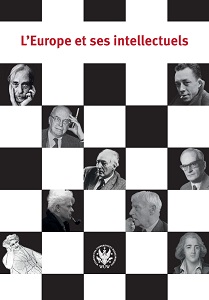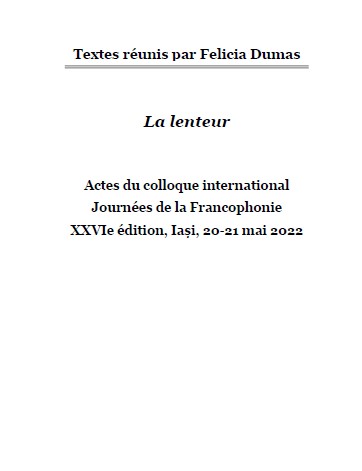
Métamorphoses de l’Europe dans les voyages d’Astolphe de Custine
To celebrate the 200th anniversary of the foundation of the University of Warsaw, a research group from the Faculty of Modern Languages organized at the end of May and the beginning of June 2016 an international conference entitled “Europe and its Intellectuals”. The event was planned as part of the international programme “European Culture – European Identity” which is co-organized by the University of Warsaw with, among others: Universtité de la Sorbonne-Paris IV, Universität Bonn, Universita de Firenze, University of St Andrews, Université de Fribourg, Universita degli Studi Firenze, Universidad de Salamanca, Bulgarian Academy of Sciences, Université de Toulouse Le Mirail. The aim of the project was to show to what extent the idea of Europe was and is being shaped by the intellectual elites, and to emphasise the role played in this process by important institutions such as universities, libraries, museums, archives, publishing houses, and other centres of intellectual life. Such a framework allowed the participants to reflect in their presentations and discussions on more detailed issues: Panel I – “Engagement in the interest of Europe and its shape”, Panel II – “Europe in comparative perspective”, Panel III – “Remarkable individuals of the intellectual Europe”, Panel IV – “European incarnations”. At the invitation of the rector of the University of Warsaw, Marcin Pałys, the conference was attended by the rectors of the Paris-Sorbonne University and the University of Bonn. The papers of twenty-three scholars have been edited and published by the University of Warsaw Press in a volume of conference proceedings in printed and electronic versions.
More...
